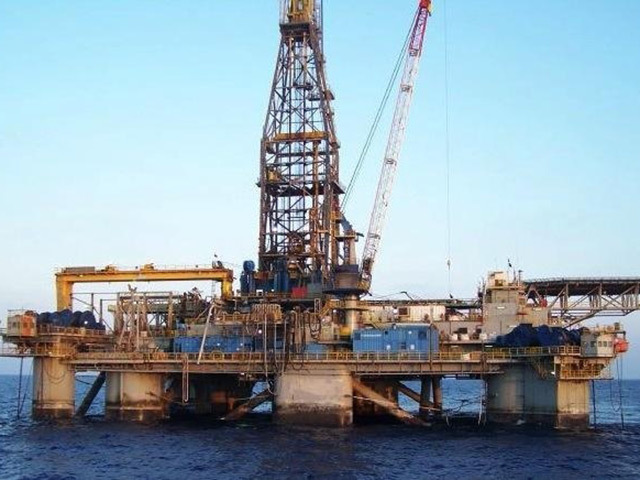
Since February, Noble Group Ltd.’s stock fell more than 60 percent as profits slid with commodity prices, its accounting methods came under attack and its credit outlook went from stable to negative.
All this made Asia’s biggest commodities trader a better company, Chief Executive Officer Yusuf Alireza said Tuesday in an interview with Bloomberg Television.
“Even the environment that we’ve gone through over the last six months, at the end of it we will be a better firm for it,” he said.
While Alireza said Noble faces more scrutiny than rivals that aren’t listed or rated by credit agencies, it wants to continue as a public company because the challenges help it improve, according to Alireza.
“As a public company, you have many more stakeholders that are constantly challenging you,” Alireza said. “You have an independent board, you have shareholders, you have bond investors, you have rating agencies, you have analysts that are constantly challenging you to become a better firm.”
The company, started in 1986 in a small Hong Kong office by former scrap-yard worker Richard Elman, is enduring one of its most difficult years. Attacked by a group calling itself Iceberg Research since February for its accounting methods, the company has attracted further detractors and short-sellers and become the most-shorted stock in the Singapore benchmark Straits Times Index.
Credit Defense
Noble has rejected the criticism against it, pursued stock buybacks and made numerous statements defending its accounting. PricewaterhouseCoopers LLP was hired to look over Noble’s valuations and methodology and said in a report made public last week that the trader complies with international rules, though further transparency is needed. Iceberg Research reiterated its stance that Noble’s accounting still deserves scrutiny and said the PwC report doesn’t address market concerns.
Noble’s defense culminated in five hours of meeting and presentations on Monday with investors in Singapore, where it’s listed. The company vowed to boost annual operating income from its main assets to more than $2 billion within five years from $1.49 billion in 2014. Shares advanced 2.2 percent to 46.5 Singapore cents at 1:39 p.m. local time on Tuesday.
The more important battle for Noble will be to restore confidence in its credit as commodity traders rely on borrowed funds for almost all operations. The negative outlook assigned to its credit last week by Moody’s and in June by Standard & Poor’s won’t result in a downgrade, Alireza said.
Bond Yields
“That’s not something that’s even on the cards,” he said. Noble is rated at the lowest investment rank by both agencies.
Despite the rating, Noble’s bonds aren’t trading like investment-grade debt, Ray Wepener, a proprietary credit trader at NH Investment & Securities HK Ltd. in Hong Kong said Tuesday.
Noble’s 2020 bonds were being indicated down 1 to 2 cents on the dollar in early trading on Tuesday to around the 89.00 level, according to Wepener. That indicates a yield of 10 percent on the bonds, which is comparable to where Chinese property firms rated two to four levels below Noble trade, he said.
The cost of insuring against a default of Noble within the next year rose to 658.9 basis points on Monday, the highest since November 2011, according to data from CMA. That’s 118 basis points more than the cost of protection for Agile Property Holdings Ltd., which is rated with a negative outlook at Ba3, or three levels below Noble.
Not Required
Even if Noble’s credit is downgraded, it will not spell the end of the company, Alireza said today.
“We’ll do what’s required to support the investment grade, but it’s not required for our business, as proven by the fact that every single one of our competitors is not investment grade,” Alireza said. The CEO on Monday named Vitol SA, Trafigura Beheer BV and the trading arm of Glencore Plc as Noble’s biggest competitors.
Alireza told investors on Monday that banks and strategic investors were interested in Noble and the board was keeping all options open, including the sale of assets to cut debt. The company hired dealmaker Michael Klein, a former investment banking chairman at Citigroup Inc., to review financing and investment options.
“It’s not surprising that there are strategic investors that know the firm well, know the management team well, know the franchise that we have built, know the value of the business and are looking at the stock and think the stock is cheap,” Alireza said in the television interview Tuesday.
Recommended for you
